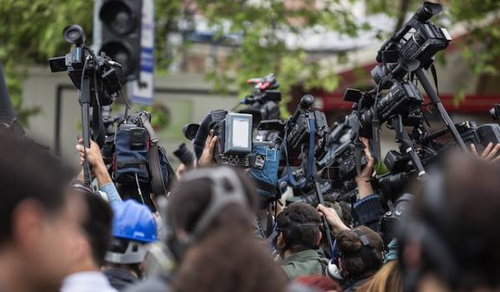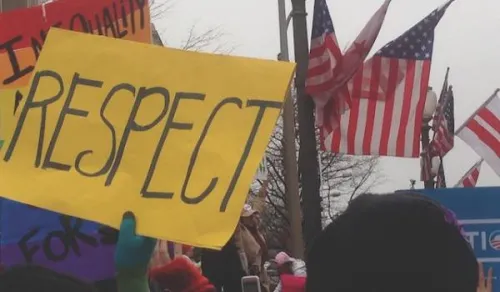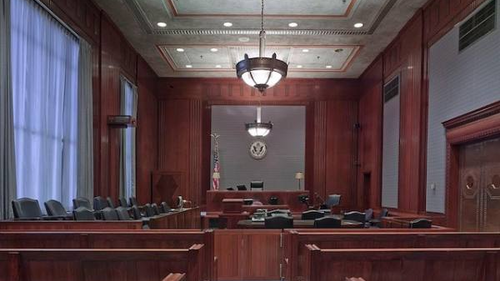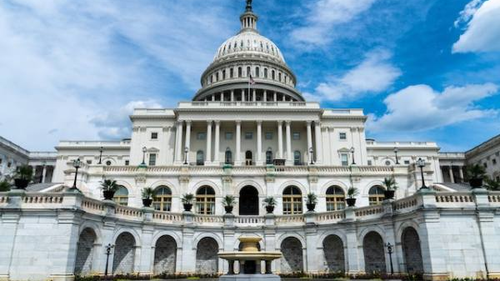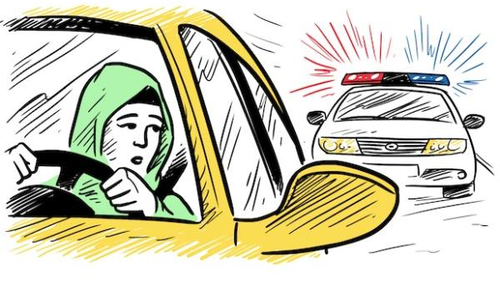U.S. Law: First Amendment Rights

The United States Constitution and the Bill of Rights
The United States of America was established in 1776 during a revolutionary war against Great Britain which had ruled the country as colonies since the 1600s. After independence, the colonies became states and representatives from each state drafted the United States Constitution which established the laws of the new nation. In order to take effect, the Constitution had to be accepted by each state through ratification.
Ratification of the new Constitution was a matter of heated debate and while it was eventually successful, every state had a long list of changes they wanted to make in the Constitution. Most of these changes had to do with protecting the rights of individuals from any possible tyranny of the government. Of all the many changes suggested, ten were added to the Constitution as Amendments in 1791. These first ten amendments are known as the Bill of Rights. More amendments were added later and, though difficult, the Constitution could be amended again in the future.
The First Amendment
The First Amendment says that the government cannot prohibit a person from freely practicing his or her religion whatever that religion may be. It also prohibits the government from restricting freedom of speech, freedom of the press, and the right of the people to peacefully assemble and to petition the government. In addition, the First Amendment prohibits the government from “establishing a religion”, which means the government cannot promote, endorse, or suppress any religion.
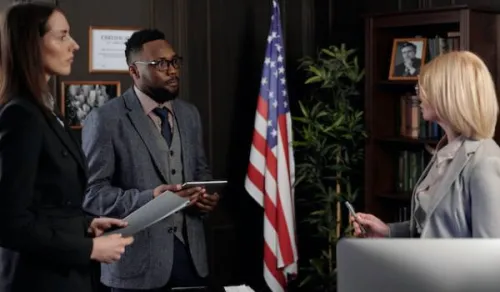
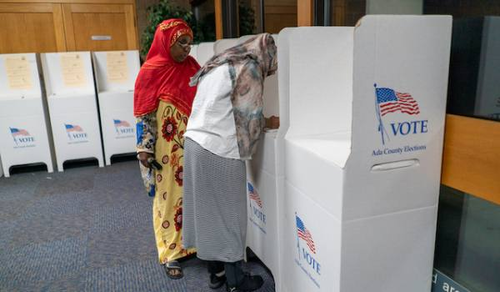
The Five Freedoms
Freedom of Religion
allows individuals to worship according to their own religious beliefs without interference from the government. This freedom also protects an individual’s right not to believe in any religion, including to be an atheist.
Freedom of Speech
protects an individual’s right to express his or her opinion publicly even if it is critical of the government. It also includes symbolic speech such as a wearing T-shirt with a slogan on it or placing a sign in front of your house.
Freedom of Press
protects journalists and news organizations from censorship by the government.
Freedom to Assemble Peacefully
allows people to gather in public places and to express their opinions collectively as long as they do so peacefully.
Freedom to Petition the Government
allows individuals or groups to formally request that the local, state, or national government address an articulated grievance or injustice by making changes to existing laws or regulations.

First Amendment Limitations and State Laws
There are some important exceptions to the freedoms protected under the First Amendment. It is illegal to make threats, to incite immediate violence, or to propose the violent overthrow of the government. The government can require permits for assembly and place limitations on the time and location of large gatherings so as to manage traffic and prevent public chaos. There are also some restrictions related to obscenity and pornography. Freedom of religion does not necessarily protect practices that are prohibited by laws that protect people, such as female genital cutting which is illegal in the United States.
The interpretation of First Amendment rights sometimes leads to disputes that must be settled in courts of law. Laws regarding freedom of expression and religion differ somewhat from one state to another, but they are all required to comply with the First Amendment. The Supreme Court of the United States can decide whether a state law violates the First Amendment, and if so, the state is required to change the law. It’s important to know and understand the laws of the state in which you live so that you know how they can protect you and so that you can obey them.
